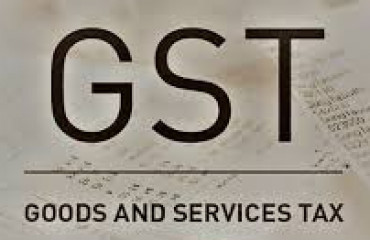
Central Board of Indirect Taxes & Customs (CBIC) on Tuesday issued standard operating procedure (SoP) for GST to streamline the scrutiny of Goods and Services Tax (GST) returns filed for the financial year 2017-18 and 2018-19.
Central Board of Indirect Taxes & Customs (CBIC) on Tuesday issued standard operating procedure (SoP) for GST to streamline the scrutiny of Goods and Services Tax (GST) returns filed for the financial year 2017-18 and 2018-19.
In a detailed note, the CBIC said that the selection of returns for scrutiny is to be based on specific risk parameters. For this purpose, the Directorate General of Analytics and Risk Management (DGARM) has been assigned the task to select the GSTINs registered with Central tax authorities. Once returns will be picked up for scrutiny, it would be sent to proper officials, which will be of the rank of Superintendent of Central Taxes of the jurisdiction range of the taxpayer.
SOP aims to ensure that during the scrutiny exercise, the interface with the taxpayer be kept minimal and officials are asked to use existing data, including e-way bills, data from DGARM, GSTN, and other official data for this purpose, which would be updated and shared to field officials from time to time. Officials had been asked to pay attention to Input Tax credit filed by the companies.
In case any discrepancies are found, a notice may be issued by the Department quantifying the amount of tax, interest and any other amount payable in this regard. Further, such communication should be specific in nature.
"Scrutiny of returns is to be conducted in a time bound manner, so that necessary action to safeguard revenue may be taken up expeditiously," the SoP said.Experts claim the move is aimed at detecting fraudulent instances of ailment of Input tax credit and curb other revenue leakages, the key lies in the degree of implementation by the tax authorities.
